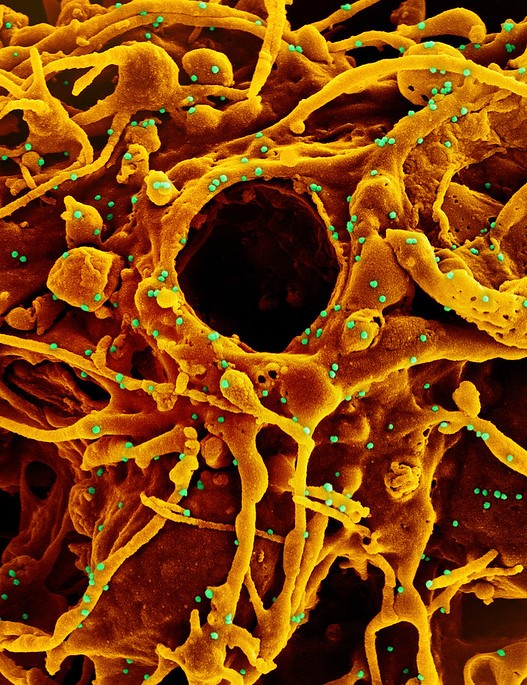 A modeling study based on point-prevalence surveys from 99 countries highlights how hospital-associated drug-resistant infections (HARIs) contribute to the global burden of antimicrobial resistance (AMR), researchers reported yesterday in PLOS Medicine.
A modeling study based on point-prevalence surveys from 99 countries highlights how hospital-associated drug-resistant infections (HARIs) contribute to the global burden of antimicrobial resistance (AMR), researchers reported yesterday in PLOS Medicine.
For the study, a team led by researchers with One Health Trust identified 474 point-prevalence surveys published from 2010 through 2020 on antibiotic resistance proportions for hospital-associated infections in 99 countries. They focused on resistance proportions for six high-priority pathogens: Escherichia coli, Klebsiella spp, Staphylococcus spp, Acinetobacter spp, Pseudomonas spp, and Enterobacter spp. The researchers coupled these findings with country-level estimates of hospitalization rates and durations plus statistical extrapolation based on common economic indicators to estimate the number HARIs per year by country and by country income group.
Highest burden in China
The global number of HARIs was estimated at 136 million per year (95% credible interval [CrI], 26 to 246 million), with the highest burden found in China (52 million; 95% CrI, 10 million to 95 million), Pakistan (10 million; 95% CrI, 2 million to 18 million), and India (9 million; 95% CrI, 3 million to 15 million). Among income groups, middle-income nations bore the highest burden of HARIs per year (119 million; 95% CrI, 23 million to 215 million). The high-income country with the most HARIs per year was the United States (3 million; 95% CI, 1 million to 5 million).
The researchers say that although the study was constrained by the limited number of point-prevalence surveys available, it nonetheless adds to the findings of the Global Research on Antimicrobial Resistance (GRAM) report, which estimated that 1.27 million deaths in 2019 were directly attributable to AMR and 4.95 million were associated with AMR, but GRAM researchers didn't distinguish between hospital-associated and community-associated infections.
"Our results complement these results from Murray and colleagues by describing a substantial burden of hospital-associated resistant infections alone that contribute to the death burden reported," they wrote. "As such, we have highlighted a setting in which drug-resistant disease should be investigated further."



 Global flu activity continues to decline, driven by decreases in the Northern Hemisphere, though markers show increases in some Southern Hemisphere countries, the World Health Organization (WHO) said in its latest
Global flu activity continues to decline, driven by decreases in the Northern Hemisphere, though markers show increases in some Southern Hemisphere countries, the World Health Organization (WHO) said in its latest 












